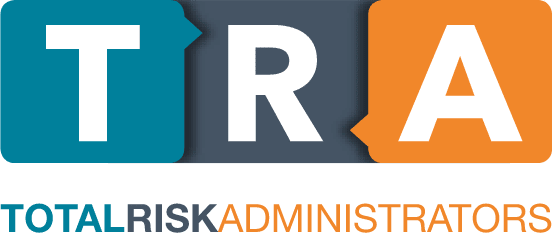Ladies, do you want to improve your health and prevent (and/or promptly treat) serious diseases? Then, you should consider certain medical tests.
Choosing Medical Tests for Women According to Your Age
Your age – as well as your lifestyle and family history – will normally determine which of the different tests and vaccines are recommended.
Because of the individual factors taken into consideration, it is best to ask your doctor which tests you should receive. We’ve made a list of medical tests for women according to your age to help guide you in choosing preventative screening.
Women in their 20s and 30s Should Consider:
> Pap Smear: The dreaded Pap smear and pelvic examination may be a tad uncomfortable. But, they are vital in the detection of the signs of cervical cancer, as this cancer is symptomless. As soon as you become sexually active, you should schedule a Pap smear; and whether you are sexually active or not, every woman aged 21 and older should have a Pap smear every three years.
> Breast Cancer Screening: Screening for breast cancer consists of clinical exams and screening mammograms. Patients who have family members with breast cancer may also be screened for breast cancers linked to specific genes (BRCA1 or BRCA2). Early detection is the number one breast cancer treatment.
> Blood Pressure Screening: This is often overlooked by young women who have the common misconception that high blood pressure, or hypertension, rarely affects females. Medical research has discovered that birth control pills increase blood pressure in some women. Even women who have never had high blood pressure can suddenly develop it while they are pregnant – known as gestational hypertension.
Women in Their 40s, 50s, and 60s Should Consider:
> Pap Smears: Pre-menopause pap smears and mammograms apply as above.
> Blood Pressure: Even women who have had normal blood pressure all their lives have considerably higher chances of developing high blood pressure after menopause.
> Colon Cancer Screening: From the age of 50, screening for colon cancer should be done regularly.
> Osteoporosis Screening: Women age 65 and older should be screened for osteoporosis.
If you would like more information for comprehensive cancer protection under our Femme Cover policy, contact our team at Total Risk Administrators today: Female Cancer Cover.













